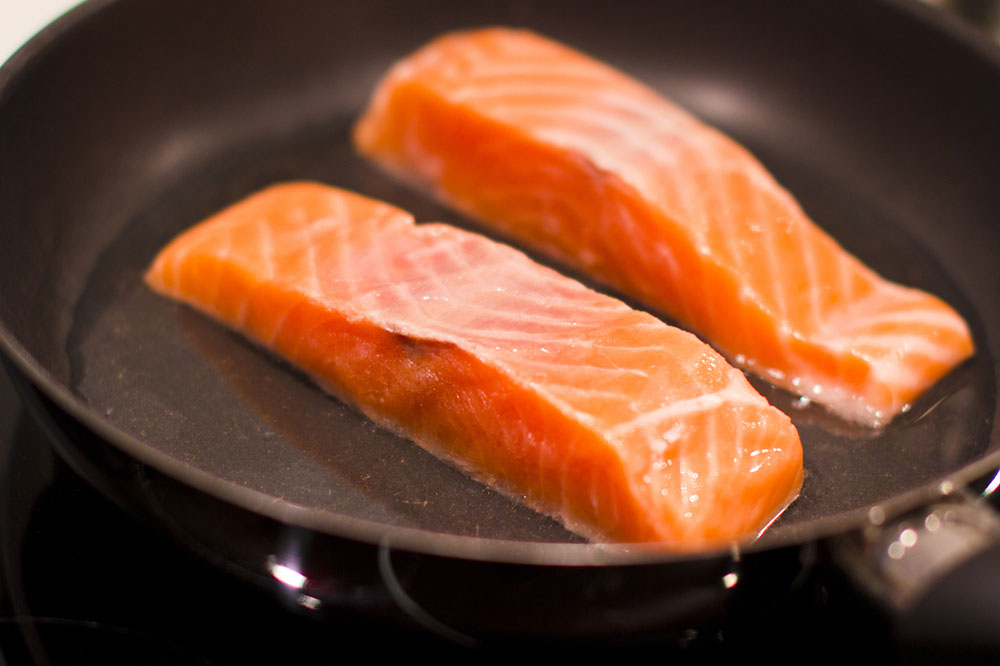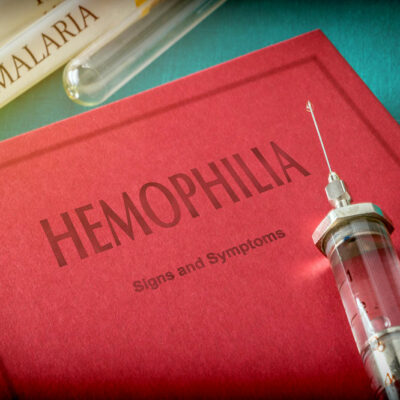
8 Simple Eating Tips to Relieve Asthmatic Symptoms
People with asthma should know about the foods and dietary habits that can help manage the condition. Although there is no conclusive evidence, following a healthy diet for asthma has been observed to help improve the symptoms and reduce the frequency of attacks. Eating fresh and nutritious foods can manage this respiratory condition and also boost overall health:
- Include vitamin D-rich foods: Some studies say that adding an adequate amount of vitamin D to the diet helps reduce the frequency of asthma attacks. So, one should consume foods like milk, eggs, fortified orange juice, and salmon, as they are rich in this vitamin.
- Include vitamin A in the diet: Higher levels of vitamin A in the body corresponds to improved lung function, which, in turn, reduces asthmatic symptoms. It is advisable to consume foods like cantaloupe, carrots, sweet potatoes, and leafy greens like spinach, kale, and lettuce. These can help improve the quality of everyday life.
- Eat plenty of fresh fruits and vegetables: They are rich sources of antioxidants and contain vitamin C and E as well as beta carotene, which help improve lung function and alleviate swelling and inflammation caused by free radicals. So, a healthy diet for asthmatics should include plenty of fruits and vegetables to reduce the intensity of attacks.
- Avoid foods that cause gas: Eating heavy, greasy meals, especially ones that cause gas and bloating, must be avoided at all costs. They exert pressure on the diaphragm and cause tightness in the chest area. This can trigger asthma flare-ups. Some common foods that cause gas are onions, garlic, cabbage, beans, carbonated beverages, and fried and processed foods.
- Avoid sulfites: A healthy diet for asthma should be free of foods that contain sulfites, as they can trigger asthma symptoms. Often used as a preservative, sulfites are commonly found in pickles, dried fruits, wine, and shrimp.
- Avoid foods containing artificial preservatives: Artificial food flavors, preservatives, and colorings are commonly present in processed food items. These ingredients can trigger allergic reactions and worsen asthmatic symptoms. So, it is advisable to avoid the consumption of foods that contain artificial preservatives.
- Avoid allergens: A diet for asthma must be free of allergens, as allergic reactions can worsen asthma and aggravate the symptoms.
- Avoid foods with trans fats and omega-6 fatty acids: It has been observed that omega-6 fatty acids and trans fats can worsen asthma. It can also increase the risk of heart diseases. These two types of unhealthy fats are commonly found in processed foods and margarine.
These are some simple tips that one must be kept in mind while charting a healthy diet for asthmatics. Patients can also seek the recommendation of their medical practitioner or a nutritionist for the same.


